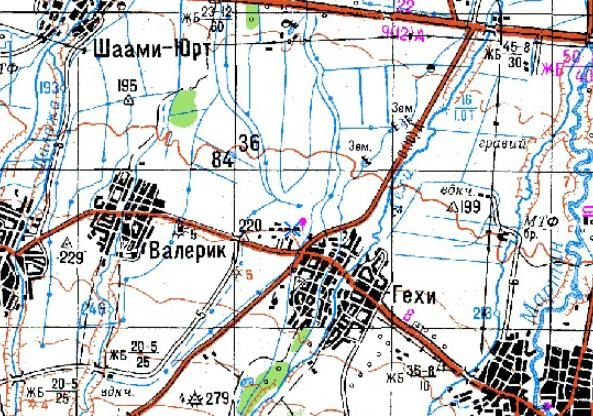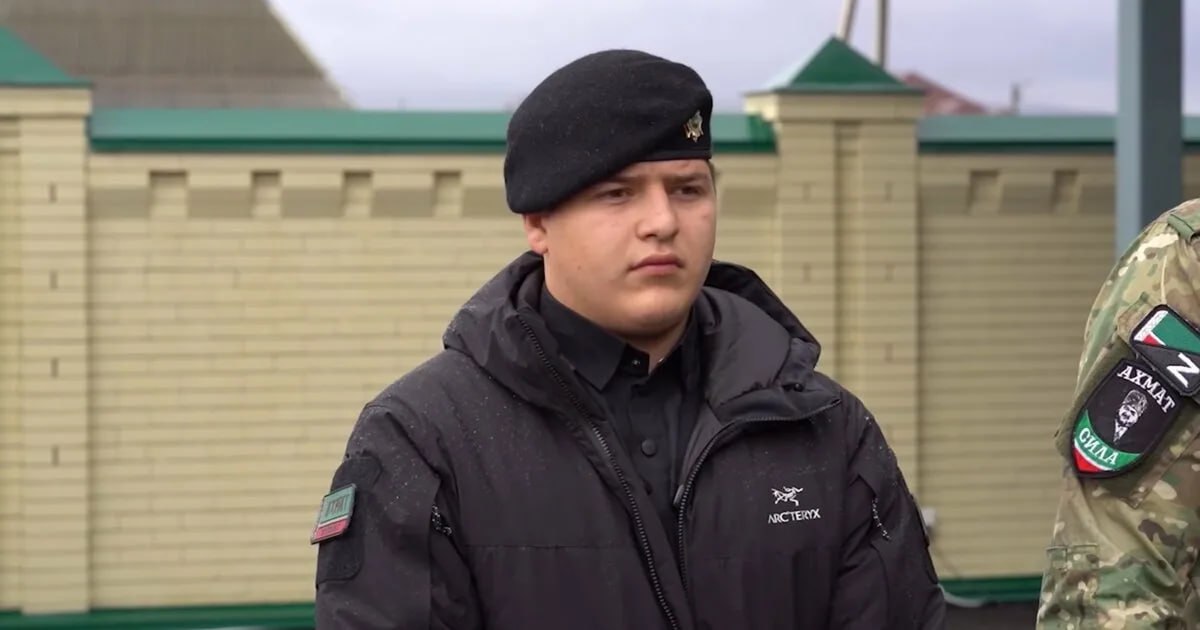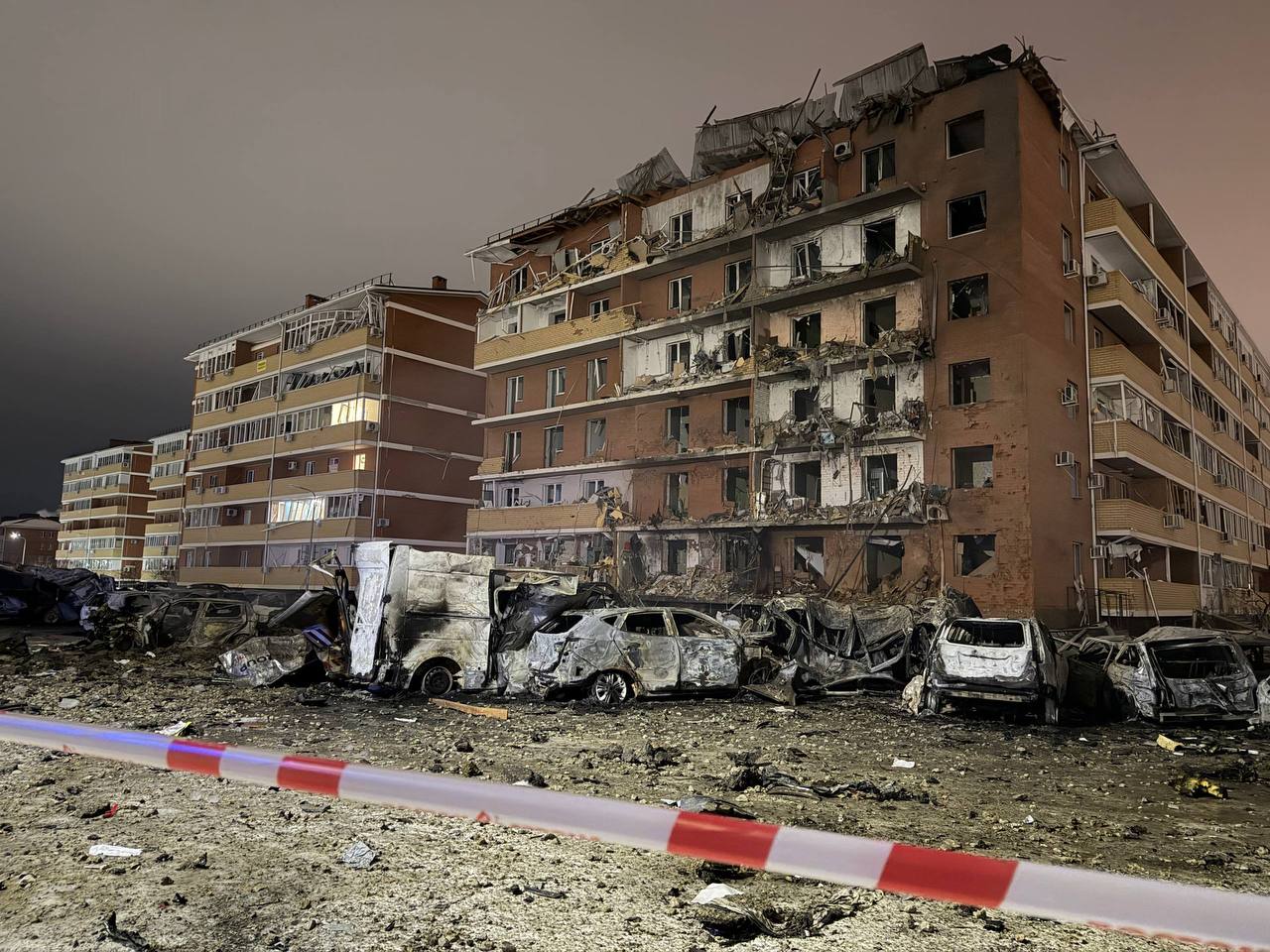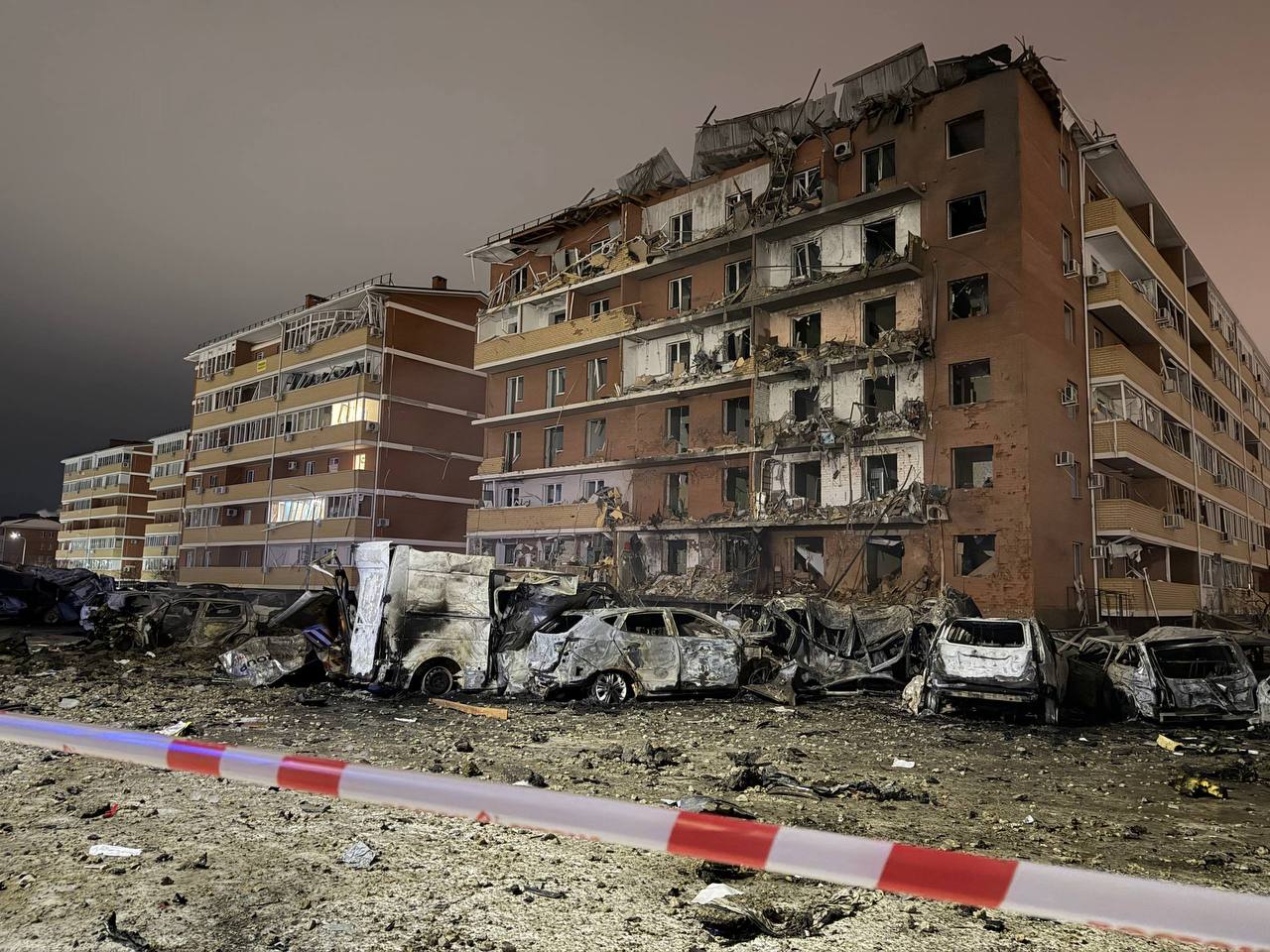The health of Adam Kadyrov, the son of Chechen leader Adam Kadyrov, who was injured in a traffic accident in Grozny, is improving, according to the Agency, citing sources close to the Russian presidential administration and the Chechen authorities.

October 18, 2001
***
On the night of October 18, in the city of Gudermes, Russian troops fired at the so-called. Russian cemetery area. Until four o'clock, frightened people hid in the basements, but not everyone was saved. According to reports, four or five people received various injuries, including serious ones. Many residents' homes were destroyed.
In the morning, residents of the affected area gathered at the city commandant's office building and demanded that the perpetrators of the unmotivated shelling of residential areas be found and punished.
***
The staff of gymnasium No. 41 in Grozny wrote an open letter about their plight. It said that, like other teachers in the city, they were faced with systematic non-payment of wages and were not given vacation pay. For August they received only 70% of their salary, and for September, although October was drawing to a close, nothing at all. The debt for work from September 1999 to March 2000 was not paid either.
The teachers wrote that they did not know anything about the possible accrual of additional payments for work during military operations, and the Department of Education of the city of Grozny told them that there were no instructions on this matter.
The Ministry of Education of the Republic did not pay any attention to the problems of Grozny schools and teachers. Numerous appeals to higher authorities did not move the matter forward. “But the city’s teachers work, without exaggeration, under extreme conditions: shelling, explosions, “cleansing operations.” In conditions where even the teachers themselves prepare the school for the school year together with the parents of the students. And not a single humanitarian organization has provided or is providing any assistance to either the school or the teachers.” The letter said that the teachers were left without a livelihood, living and working from hand to mouth, unable to buy warm clothes for themselves or their children, and unable to pay for travel.
Against the backdrop of the plight of the city’s teachers, articles and interviews taken from colleagues from more prosperous areas of the republic appeared in the media. Typically rural. But the rosy picture painted in them, unfortunately, was not an indicator of the true situation of the teaching staff of the Chechen Republic. Therefore, teachers, “having lost all hope that the problems will be resolved in the republic, are forced to submit this letter.”
The open letter was addressed to the head of the Chechen Administration A. Kadyrov, the Chairman of the Government S. Ilyasov, the Minister of Education L. Dadaev, the President of the Russian Federation V. Putin, the Chairman of the Government M. Kasyanov, the Minister of Education V. Fillipov. Copies were sent to G. Seleznev in the State Duma of the Russian Federation, to the editorial office of the Teacher's Newspaper and the newspaper Argumenty i Fakty, as well as to the special representative of the President of the Russian Federation for the observance of human and civil rights and freedoms in the Chechen Republic V. Kalamanov. One of the copies was handed over to the Memorial Human Rights Center.
***
After 10 p.m., mortar shelling began at the 12th precinct in Grozny. Shells fell on the streets and in the courtyards of local residents. One of them flew into the room where the family was sleeping. Its head, named Gelani (the surname of the Human Rights Center “Memorial” is not known), died immediately. His wife (in the thigh) and 8-year-old daughter were seriously wounded by shrapnel.
Family members in the next room suffered minor scrapes and cuts.
Neighbors and relatives managed to carry the woman and child in their arms to city hospital No. 5. But the hospital, located 200 meters from the scene of the incident, also found itself in the shelling zone. The patients had to spend the night in a cold basement, but doctors provided first aid to the wounded, and the next morning they took them to city hospital No. 9. There the woman’s leg was amputated.
***
At night, from the village of Valerik, having previously cordoned off the street and the house, the Russian military took Kharon Dzhunidovich Idigov, born in 1963, in an unknown direction. This man subsequently disappeared without a trace. According to a neighbor, Busa Khamsaeva, the military who carried out the abduction arrived in the village in armored personnel carriers. She also said that Kharon Idigov has an elderly father, and his wife and son were planning to leave Russia in 2007. Memorial Human Rights Center does not have any other information about this family.
From the book “People Live Here”, Usam Baysaev, Dmitry Grushkin, 2006.



